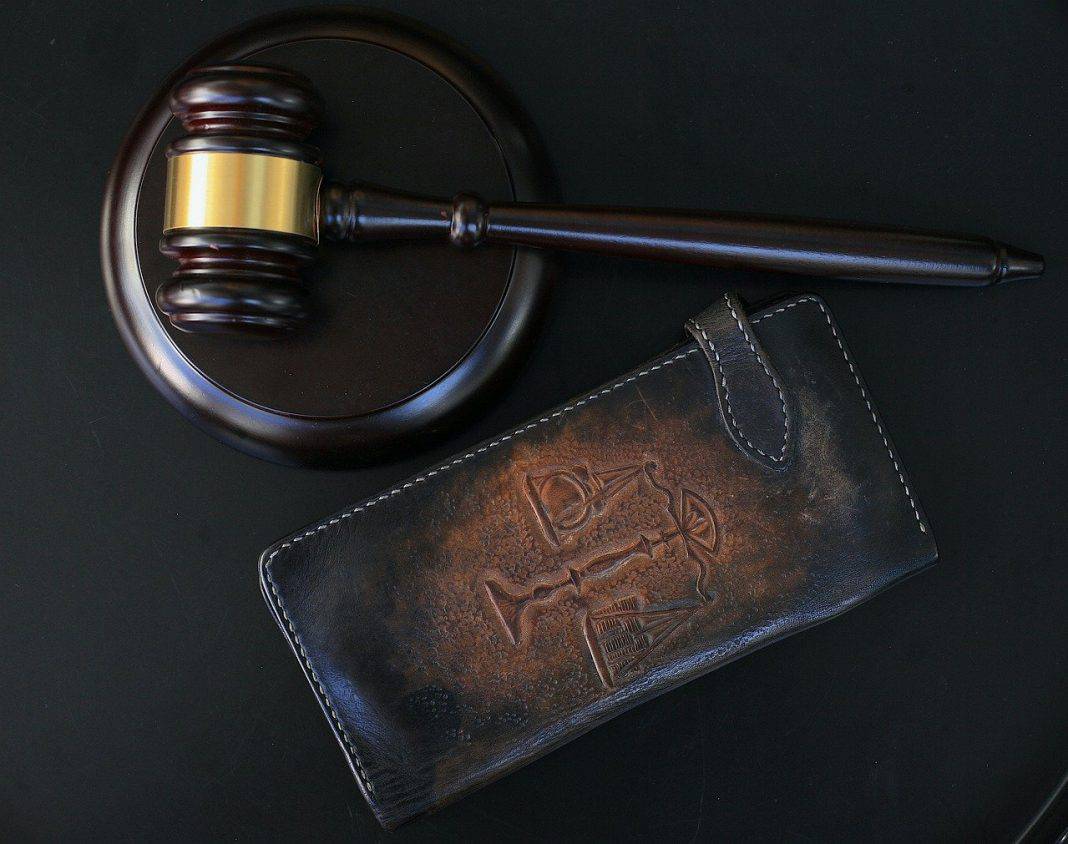
For those who don’t know yet, well, Tirzepatide is a medicine produced by Eli Lilly, known by the trade names Mounjaro and Zepbound. And just so you know, initially, the FDA approved it for type 2 diabetes treatment, however, it was quickly adopted as an off-label weight-loss drug due to the superior results it offered. But down the line, this acceleration of its popularity led to back orders for Mounjaro and Zepbound by the pharmaceutical companies.
As a result, patients are even considered to try alternatives such as uncontrolled and cheaper options which could be harmful. The fluctuations between demand and supply will create avenues for legalistic challenges and vigilance on the part of the regulatory body. Hence, the issue of patient dissatisfaction gets highlighted with the spotlight turned on the FDA. So, let’s see what this Tirzepatide FDA Lawsuit is all about, shall we?
FDA’s Shift on Tirzepatide Shortage Status and Compounding Impact
You see, on October 2, 2024, the FDA declared that Tirzepatide was no longer in shortage, you know? Though, before this, Tirzepatide was part of the FDA-shortage classifier which allowed compounding pharmacies to forge other versions. Upon the announcement of the new legislation, the compounding of Tirzepatide was put to a stop. And sure, it surprised many patients, in particular, those who were using the otherwise robustly compounded versions of the drug commonly accepted in these circles at a fraction of the cost, and sure, the Eli Lilly brand being the only real option at high pricing. From then on, patients and pharmacists were left baffled and upset by this FDA’s decision, as they had been using the drug in this form for a long time.
OFA’s Legal Pushback Against FDA’s Decision
In reaction, the Outsourcing Facilities Association, OFA, the representative of compounding pharmacies, initiated a lawsuit against the FDA on October 7, 2024. OFA says that the hardships faced by patients accessing Tirzepatide should bring it back to the shortage list. And sure, this would subsequently lift the restrictions on compounding. However, in a surprising twist, the FDA made an exception by allowing compounding in the meantime while it re-evaluated the drug’s shortage status, thus relieving the stress for patients and pharmacists who were depending on these versions.
Eli Lilly’s Legal Action Against Compounding Pharmacies
As it was expected, well, the pharmaceutical company Eli Lilly claiming the exclusive rights to manufacture the compound Tirzepatide has gone to the courts against a few companies it alleges are selling the product copies. And if you don’t know yet, the companies being sued are Pivotal Peptide, MangoRx, and Genesis Lifestyle Medicine. Yes, these are the ones considered or alleged as “copycats” in this lawsuit. Just so you know though, yes, most of these companies either sold versions of the compound without prescriptions or marketed the product without any warning about possible consumer confusion that was put up by Eli Lilly in its advertisement. The company by filing the suit intends to secure its exclusive market rights as well as inform the patients about the risks of unregulated versions.



